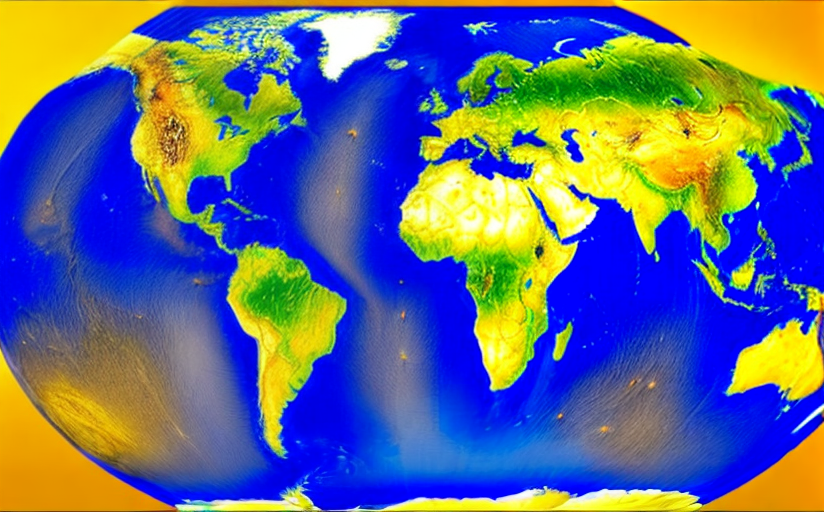The Influence of Climate Change on Global Food Ingredients
Combating climate change is no longer a choice but a necessity. One profound area of concern affected by climate change is the food system. Climate change impacts agriculture, and by extension, the production, availability, and quality of food ingredients globally.
Climate Change and Agriculture
In a variety of ways, climate change affects agriculture. Increasing temperatures, irregular rainfall, and extreme weather conditions like floods, droughts, and storms hamper crop growth and livestock productivity. Additionally, pests and diseases are becoming more widespread and difficult to control.
The Impacts on Food Ingredients
Certain grains, fruits, vegetables, and livestock products have been particularly impacted by climate change. For instance, wheat, maize, and other essential grains are suffering yield reductions due to changes in temperature and precipitation. In terms of livestock, increased heat stress reduces the quality and quantity of milk, meat and eggs provided by animals. Countries with diverse local food systems, like India and China, face an alarming decrease in the diversity and quality of fruits and vegetables.
Long-term Implications
The long-term implications of climate change on agriculture tend to revolve around food security, global economies, and food prices. According to studies conducted by the Intergovernmental Panel on Climate Change (IPCC), food prices are expected to rise due to reduced agricultural outputs. This surge in food prices will dramatically influence economics worldwide. Furthermore, projected estimates suggest that, without adaptive measures, climate change could put an additional 100-150 million people at risk of hunger by 2050.
Mitigation Measures
There are solutions in view. For instance, the use of climate-resilient crop varieties, better irrigation techniques, and crop and livestock insurance can reduce the impacts of climate change. Also, international cooperation and acts such as the Paris Agreement's pledge to limit global warming to well below 2 degrees Celsius holds promise for the future.
Conclusion
The influence of climate change on global food ingredients presents significant challenges. However, the situation presents an opportunity to reevaluate and revamp our agricultural practices. We must tread mindfully, ensuring that climate change mitigation becomes an integral part of daily life for everyone worldwide. The future of our food depends on it.


















Comments
Leave a Comment